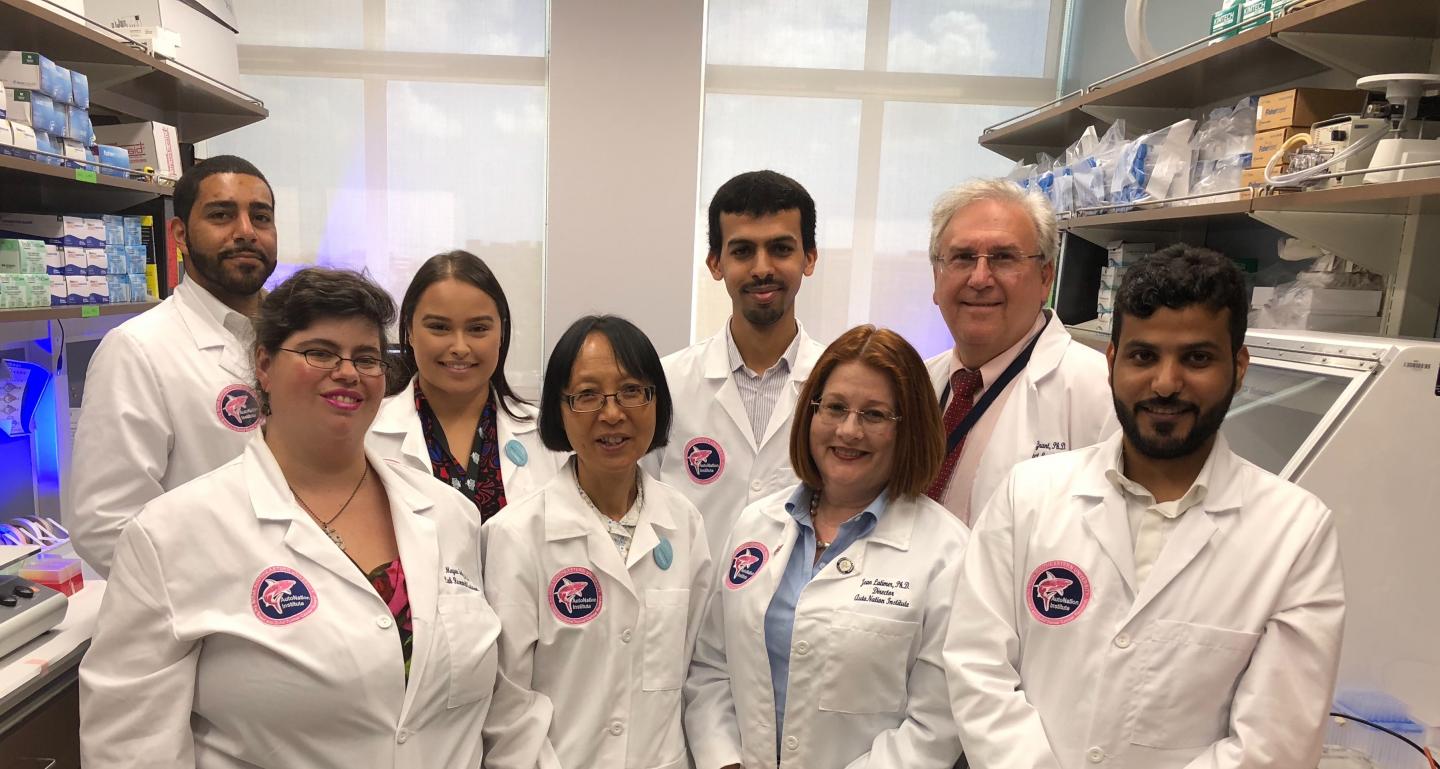
Nova Southeastern University (NSU) researchers recently discovered that by testing the level of NER (nucleotide excision repair) gene expression, pediatric oncologists can determine the likelihood of early relapse (less than three years) in their acute lymphoblastic leukemia (ALL) patients. This is a critical finding because NER gene expression levels can now help guide doctors in their rationale for appropriate treatment targeted to each patient’s disease.
ALL is the most common childhood cancer. Treatment has improved dramatically due to evolving methods of determining risk factors and genetic analysis. Five-year survival rates have increased substantially from 57% in 1975 – ’77 to 92% in 2006 – ’12. Yet, the current genotoxic chemotherapy regimens are still extremely debilitating.
“Our research found a correlation between high NER expression levels and early relapse of ALL among relapsing patients,” said Jean Latimer, Ph.D., director of the NSU AutoNation Institute for Breast and Solid Tumor Cancer Research and associate professor and cancer research scientist in NSU’s College of Pharmacy. “Being able to identify patients with the highest risk of early recurrence who are not detectable using present clinical measures and then treating them with a more targeted therapy is crucial to overcoming the cancer.”
This is critical, according to the research recently published in the peer-reviewed journal, BMC Medical Genomics, because while ALL is much more treatable than in the past, the survival rate after relapse is poor.
“By being able to accurately predict if a child’s cancer is likely to recur early or not, we may also spare many children who have low NER levels from the most toxic chemo regimens,'” said Latimer.

